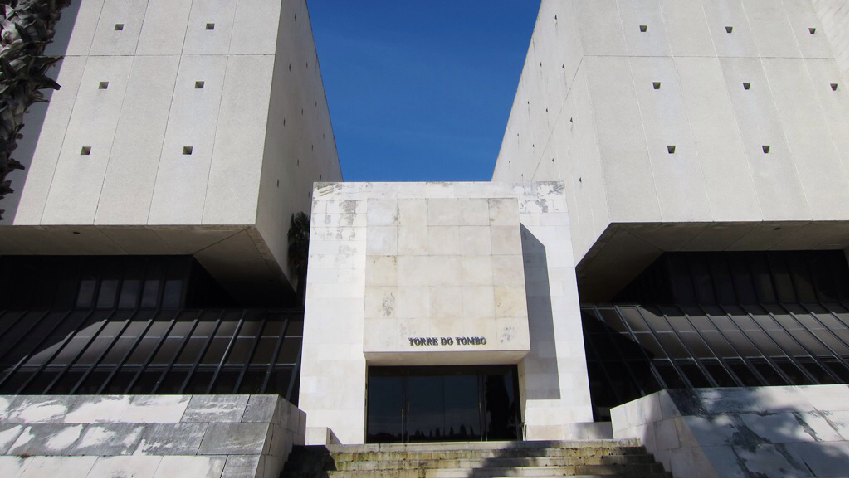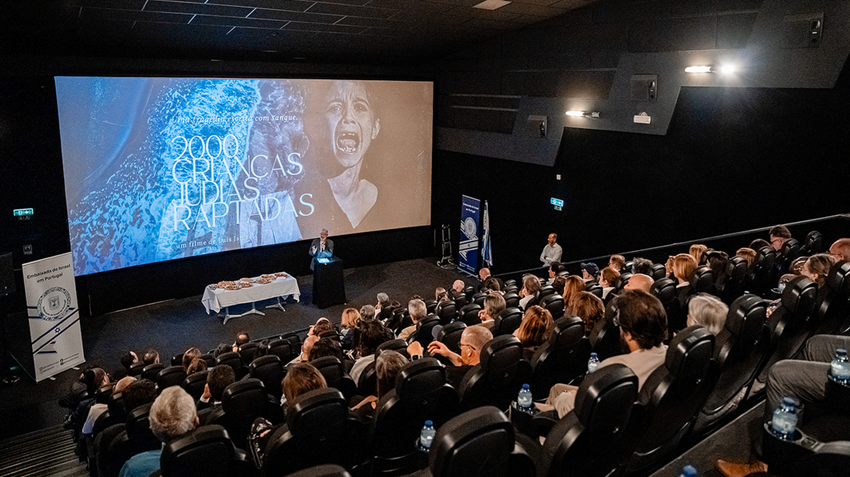Under a protocol signed in 2019 between Torre do Tombo National Archive and the Jewish Community of Oporto, the Community undertook to pay for the preservation of 16th century Inquisition cases. The protocol, orientated by the Israeli Ambassador to Portugal, Raphael Gamzou, made it possible to recruit professional restoration personnel, and set in motion the restoration and digitization of 1,778 court cases against "Jewish infidels" in three centres – Lisbon, Évora and Coimbra, that included the cases from Oporto.
That same year, the Community and Torre do Tombo agreed to sign successive protocols regarding interventions pertaining to the 17th, 18th and 19th centuries. Now that work on the 16th century is practically concluded, the Community would like to sign a protocol regarding 17th century court cases and has asked the Jewish world to contact Torre do Tombo directly to help contribute to the cost of the project. The total value of the operation could reach as high as three million euros.
Michael Rothwell, director of the Jewish Museum of Oporto and a member of the board of the local Jewish community, recalls that “The Portuguese Inquisition was in force between 1536 and 1831. Cecil Roth said since the beginning of history, there has probably been no point on Earth where such a systematic and long persecution has been perpetrated because of such an innocent practice.”
The documentation at Torre do Tombo National Archive regarding the Court of the Holy Office of the Inquisition – the Inquisition Courts of Lisbon, Coimbra, Évora, Tomar, Oporto and Lamego, cover 1.600 linear metres. Ruth Calvão, President of the Center for Jewish Studies in Trás-os-Montes, says “The deterioration of the archive items constitutes a real danger of personal stories and testimonies of the injustices and atrocities they endured disappearing forever."
The Inquisition’s documentation has become the most reliable historical source for the history of the Jewish community in Portugal. The Tribunal do Santo Ofício (Inquisition) was established in Portugal to try crimes against the faith and put an end to heresies and apostasies. Denial of the facts by the subject of the inquiry resulted in months or years in prison and in torture until a new hearing was scheduled. The prisoner was forced to pay all the expenses of the imprisonment, the trial, and torture and, if convicted, all property was confiscated. Tax collectors, the nobility, knights of military orders, politicians, book sellers, teachers, lawyers, craftsmen, merchants, confectioners, priests, friars, nuns, students and even school children were persecuted, in depositions written by officials in conditions of the utmost secrecy. The names of the accusers were always concealed.
Historian Dr. Joel Rappel, director of the Elie Wiesel Archive at Boston University who researched Inquisition trials, explains that: “If the severe damage caused to the documents in the archives continues, we’ll be guilty of losing significant information about this important chapter in Jewish history. With each passing day, more and more documents are damaged. We have a national duty to help save this vast archive."


































